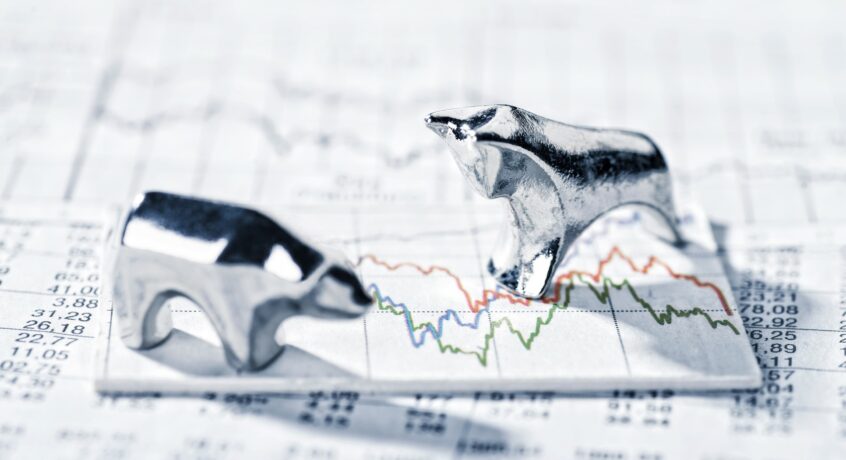Equity markets resumed their rebound last week after a pause the previous one. Global equities gained 2% in local currency terms to be up 6.6% year-to-date and 14% from their October low. This rally has now run slightly further than the rebound seen last summer, which saw a gain of 13% only for markets then to hit new lows.
The latest economic news contained few big surprises but was enough to reinforce the sentiment emerging from the World Economic Forum at Davos that the economic backdrop, while far from rosy, is not as bad as feared a few months ago.
US growth continued at a firm 2.9% annualised pace in the fourth quarter, down slightly from 3.2% in the third. The underlying pace of activity, however, was significantly slower with a build-up of inventories contributing to much of the gain. Business confidence also remained in recessionary territory in January and growth is off to a weak start this current quarter. The bottom line is that the US still looks on course to see a mild recession later this year.
Meanwhile in the Eurozone, business sentiment has inched back into positive territory, confirming that the recession risk is much reduced now gas prices have unwound all last year’s surge. As for the UK, business optimism (a bit of a misnomer at the moment) remains depressed even if the outlook is also not quite as bad as feared by the Bank of England, which looks set to upgrade its forecasts.
On the inflation front, Friday saw the Fed’s favoured core measure slow in December as expected to 4.4% from 4.7% and an earlier high of 5.4%. While clearly now heading in the right direction, underlying inflation pressures continue to run well above the Fed’s 2% target.
We still believe that markets could well retreat again over coming months before staging a more firmly based recovery in the spring or summer. There are two main reasons for our caution: the first is the market’s confidence that the Fed will be cutting rates in the second half of the year despite its protestations to the contrary; the second is the continuing downside risk to corporate earnings which markets seem to be ignoring.
The coming week will be an important one on both fronts. The Fed, ECB and BOE all have meetings and look certain to raise rates. The Fed is very likely to slow the pace of tightening further with a 0.25% rise to 4.50-4.75%. The ECB, by contrast, looks sure to implement another 0.5% increase to 2.5%. As for the BOE, a 0.5% rise to 4.0% also looks likely although is rather less certain given the marked disagreement at the last MPC meeting on whether to raise rates or leave them unchanged.
As ever, the forward guidance will be at least as important as the size of the hikes themselves. CEO guidance is proving equally critical in the US earnings season now in full swing. With close to 30% of the S&P 500 reported, expectations are for a 3% decline compared with a year earlier, or a 7% drop excluding the strong gains in the energy sector.
This is a bit weaker than the 1.5% drop forecast at the start of reporting and a far cry from the strong gains and sizeable earnings beats seen in the first half of 2022. Amazon, Alphabet, Apple and Meta all report this week and following the mixed results of Microsoft will be critical in determining whether the recent bounce in tech stocks can be sustained or not.
Last but not least, the January US labour market data are released on Friday. The health of the labour market remains a major source of debate and will be a critical factor determining both the resilience of growth and the speed of the fall in inflation.
All in all, it is a critical week for markets.

Rupert Thompson – Chief Economist

